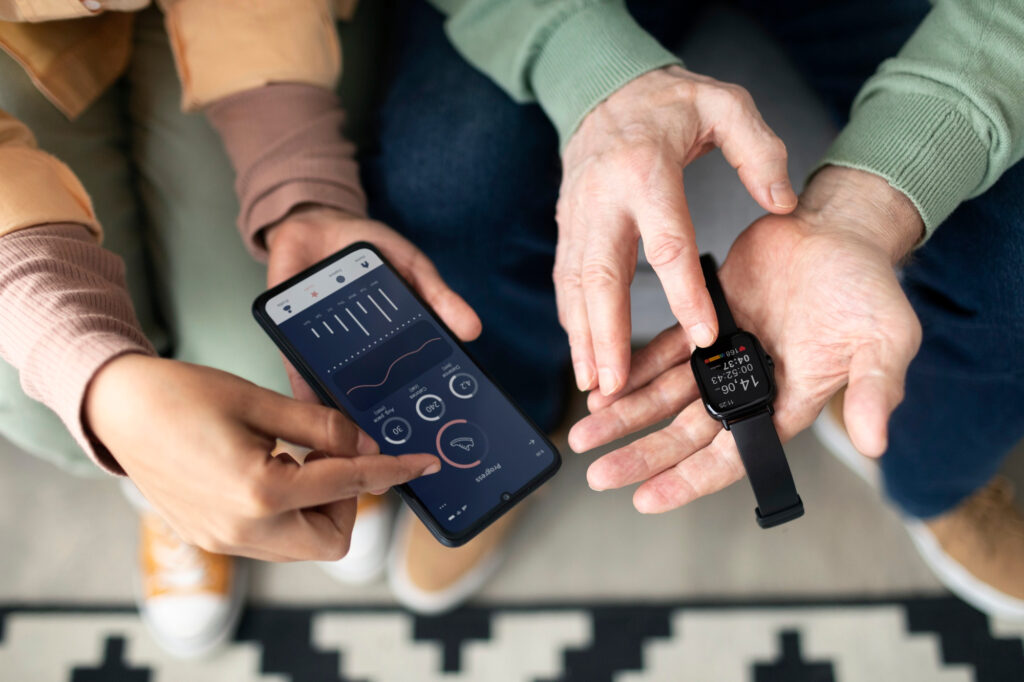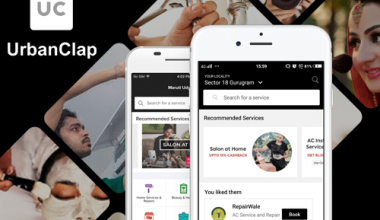
In the rapidly evolving landscape of wearable technology, opportunities abound for app developers to innovate and create transformative experiences. From smartwatches and fitness trackers to augmented reality (AR) glasses and health monitoring devices, wearables are reshaping how we interact with technology and the world around us.
However, along with these opportunities come unique challenges that app developers must navigate to harness the full potential of wearable technology. In this blog post, we’ll explore the future of wearable technology, the opportunities it presents for app developers, and the challenges they may encounter along the way.
Opportunities for App Developers:
- Health and Fitness Tracking: Wearable devices have become essential tools for health and fitness enthusiasts, providing real-time data on activity levels, heart rate, sleep patterns, and more. App developers can capitalize on this trend by creating innovative fitness tracking apps that offer personalized workout plans, goal tracking, and insights based on user data.
- Enhanced User Experiences: Wearables offer unique opportunities to enhance user experiences in various domains, including gaming, navigation, productivity, and entertainment. Developers can leverage sensors, haptic feedback, and voice commands to create immersive experiences that seamlessly integrate with users’ daily lives.
- Healthcare and Medical Applications: Wearable devices hold immense potential in the healthcare industry, enabling remote patient monitoring, chronic disease management, and early detection of health issues. App developers can collaborate with healthcare providers to create applications that facilitate telemedicine, medication reminders, and health data analysis.
- Enterprise and Industrial Applications: Wearable technology is increasingly being adopted in enterprise and industrial settings to improve productivity, safety, and efficiency. App developers can create solutions for hands-free operations, remote assistance, asset tracking, and employee training, among other use cases.
Challenges for App Developers:
- Hardware Fragmentation: The wearable technology market is diverse, with a wide range of devices running on different platforms and operating systems. App developers must contend with hardware fragmentation and ensure compatibility across various devices to reach a broader audience.
- Battery Life and Performance: Wearable devices often have limited battery life and processing power compared to smartphones and tablets. App developers need to optimize their applications for energy efficiency and performance to deliver a seamless user experience without draining the device’s battery.
- Data Privacy and Security: Wearable devices collect sensitive user data, including health information, location data, and personal identifiers. App developers must prioritize data privacy and security, implementing robust encryption, authentication, and access controls to protect user information from unauthorized access and breaches.
- User Interface Design: The form factor of wearable devices poses unique challenges for user interface design, with limited screen real estate and input options. App developers need to design intuitive and user-friendly interfaces that prioritize simplicity, usability, and accessibility for wearable platforms.
In conclusion, Fusion the future of wearable technology presents exciting opportunities for app developers to innovate and create transformative experiences across various industries. By leveraging the unique capabilities of wearable devices and addressing the challenges inherent in developing for these platforms, app developers can unlock the full potential of wearable technology and deliver compelling solutions that enhance users’ lives.












